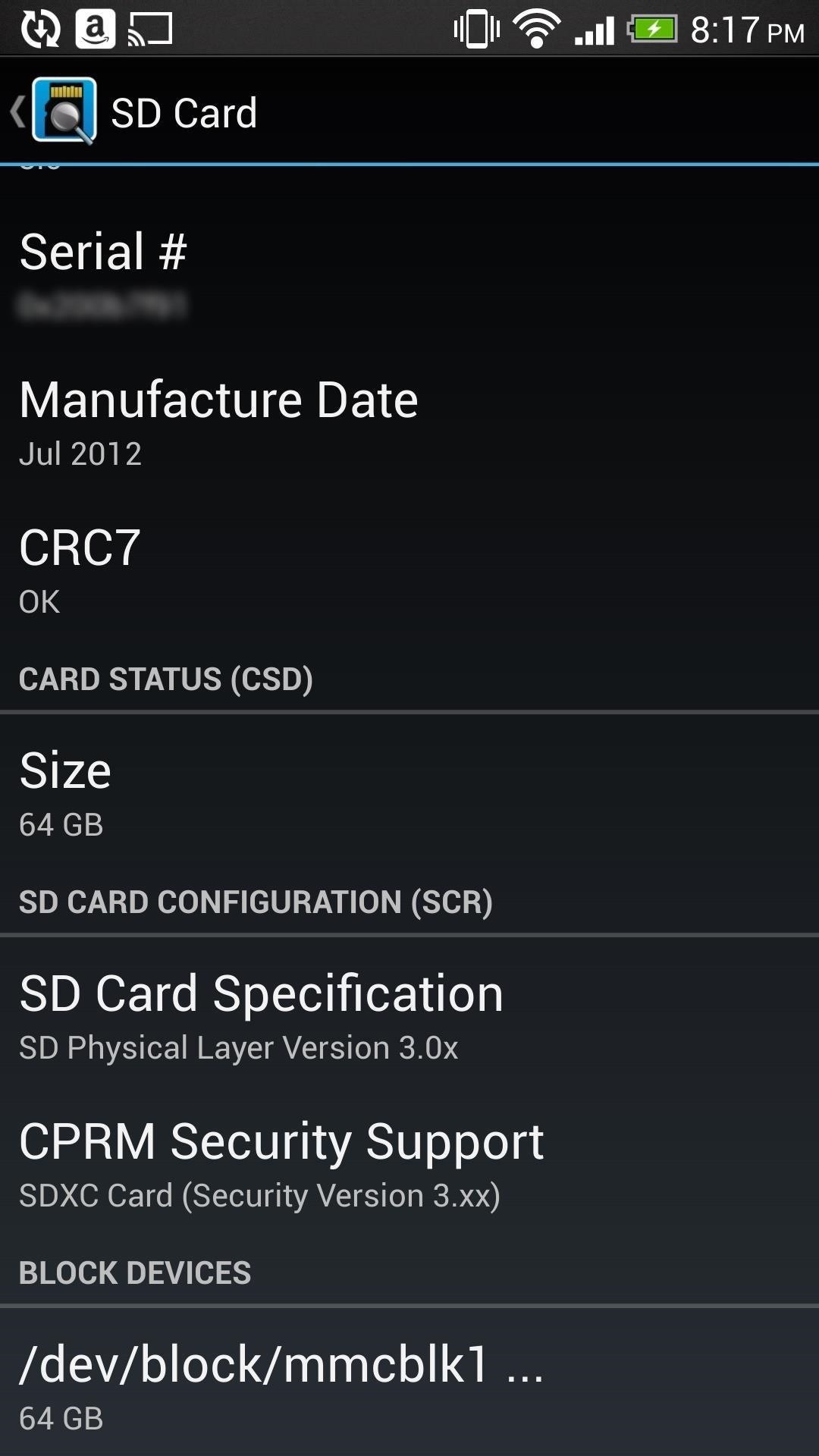Stichus Plautus

Stichus comoedia est quam Plautus saeculo III a.C.n. Exeunte vel II ineunte scripsit. Anno 200 a.C.n. Ludis plebeis acta est. Nexus interni. Index fabularum Plautinarum. Three-Dollar Day. The Tale of a Traveling-Bag. Fragments has 4 ratings and 0 reviews. The rollicking comedies of Plautus, who brill.
Can continue providing services to printer customers. • For more information, please visit HP's website: About Privacy: Under a global deal between Samsung Electronics Co., Ltd. Customers who purchase Samsung printers will continue to get the same level of support from HP. As part of this sale, certain information relating to Samsung Print Solutions business will be transferred to HP Inc.  And HP Inc., Samsung expects to transfer its entire Print Solutions business to HP Inc. from 1 November 2017.
And HP Inc., Samsung expects to transfer its entire Print Solutions business to HP Inc. from 1 November 2017.
Stichus Plautus
Excerpt from T. Macci Plauti Stichus: Edited With Introduction and Notes This edition of a play, which contains much wit and humor and comparatively little that is objectionable, is intended for use at school or college.

About the Publisher Forgotten Books publishes hundreds of thousands of rare and classic books. Find more at This book is a reproduction Excerpt from T. Macci Plauti Stichus: Edited With Introduction and Notes This edition of a play, which contains much wit and humor and comparatively little that is objectionable, is intended for use at school or college. About the Publisher Forgotten Books publishes hundreds of thousands of rare and classic books. Find more at This book is a reproduction of an important historical work. Forgotten Books uses state-of-the-art technology to digitally reconstruct the work, preserving the original format whilst repairing imperfections present in the aged copy.
In rare cases, an imperfection in the original, such as a blemish or missing page, may be replicated in our edition. We do, however, repair the vast majority of imperfections successfully; any imperfections that remain are intentionally left to preserve the state of such historical works.
Plautus (Titus Maccius), born about 254 BCE at Sarsina in Umbria, went to Rome, engaged in work connected with the stage, lost his money in commerce, then turned to writing comedies. Twenty-one plays by Plautus have survived (one is incomplete).
The basis of all is a free translation from comedies by such writers as Menander, Diphilus, and Philemon. So we have Greek manners of Athens about 300–250 BCE transferred to the Roman stage of about 225–185, with Greek places, people, and customs, for popular amusement in a Latin city whose own culture was not yet developed and whose manners were more severe. To make his plays live for his audience, Plautus included many Roman details, especially concerning slavery, military affairs, and law, with some invention of his own, notably in management of metres. The resulting mixture is lively, genial and humorous, with good dialogue and vivid style. There are plays of intrigue ( Two Bacchises, The Haunted House, Pseudolus); of intrigue with a recognition theme ( The Captives, The Carthaginian, Curculio); plays which develop character ( The Pot of Gold, Miles Gloriosus); others which turn on mistaken identity (accidental as in the Menaechmi; caused on purpose as in Amphitryon); plays of domestic life ( The Merchant, Casina, both unpleasant; Trinummus, Stichus, both pleasant). The Loeb Classical Library edition of Plautus is in five volumes.